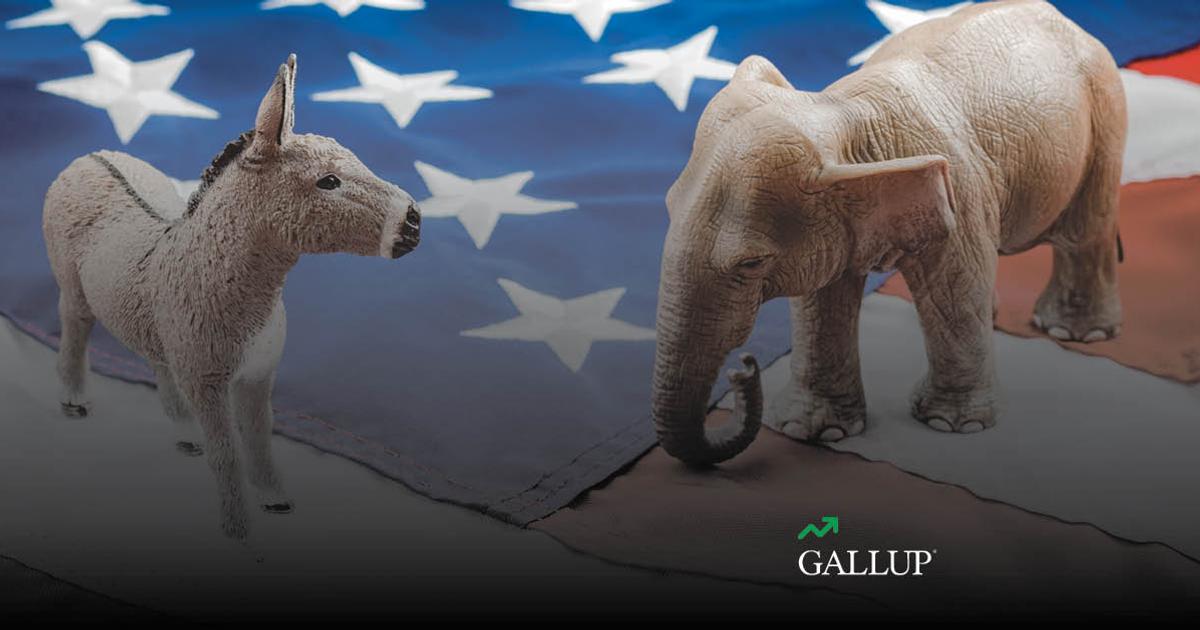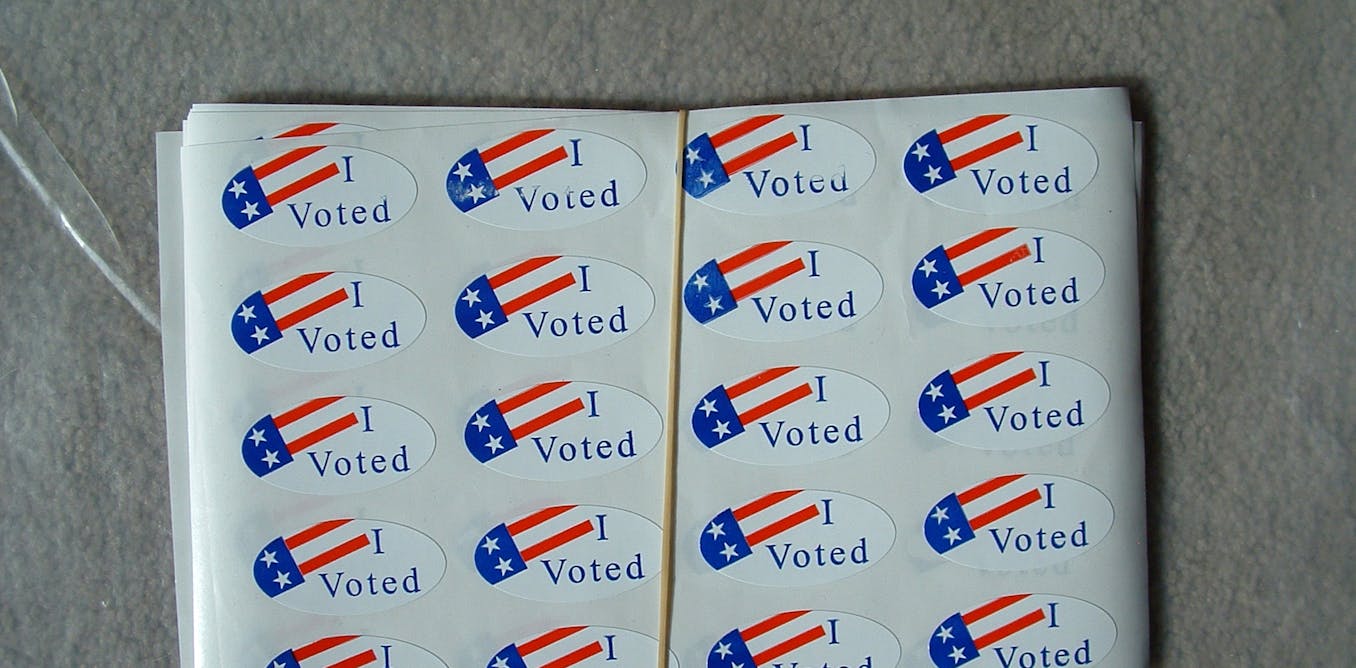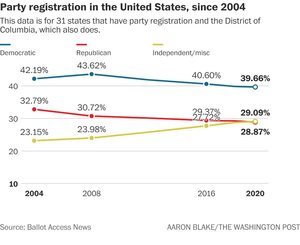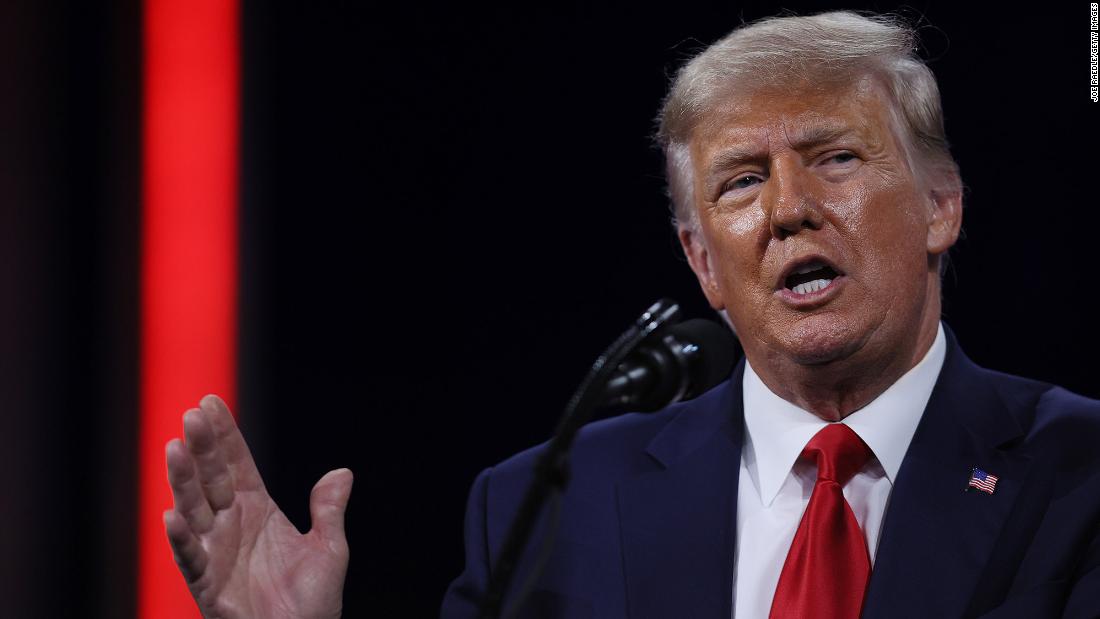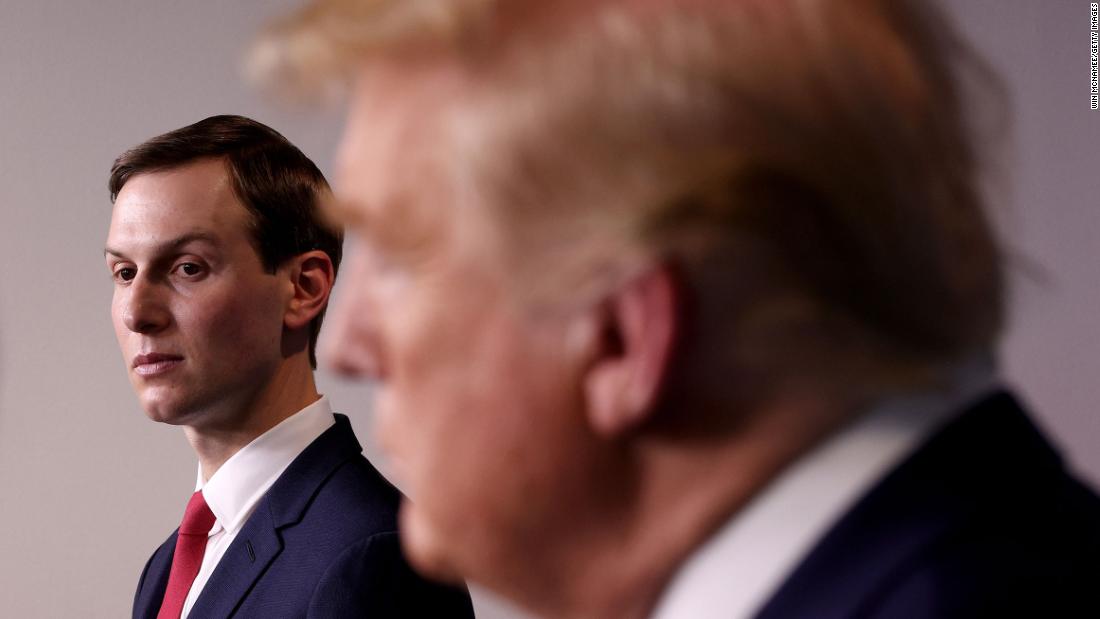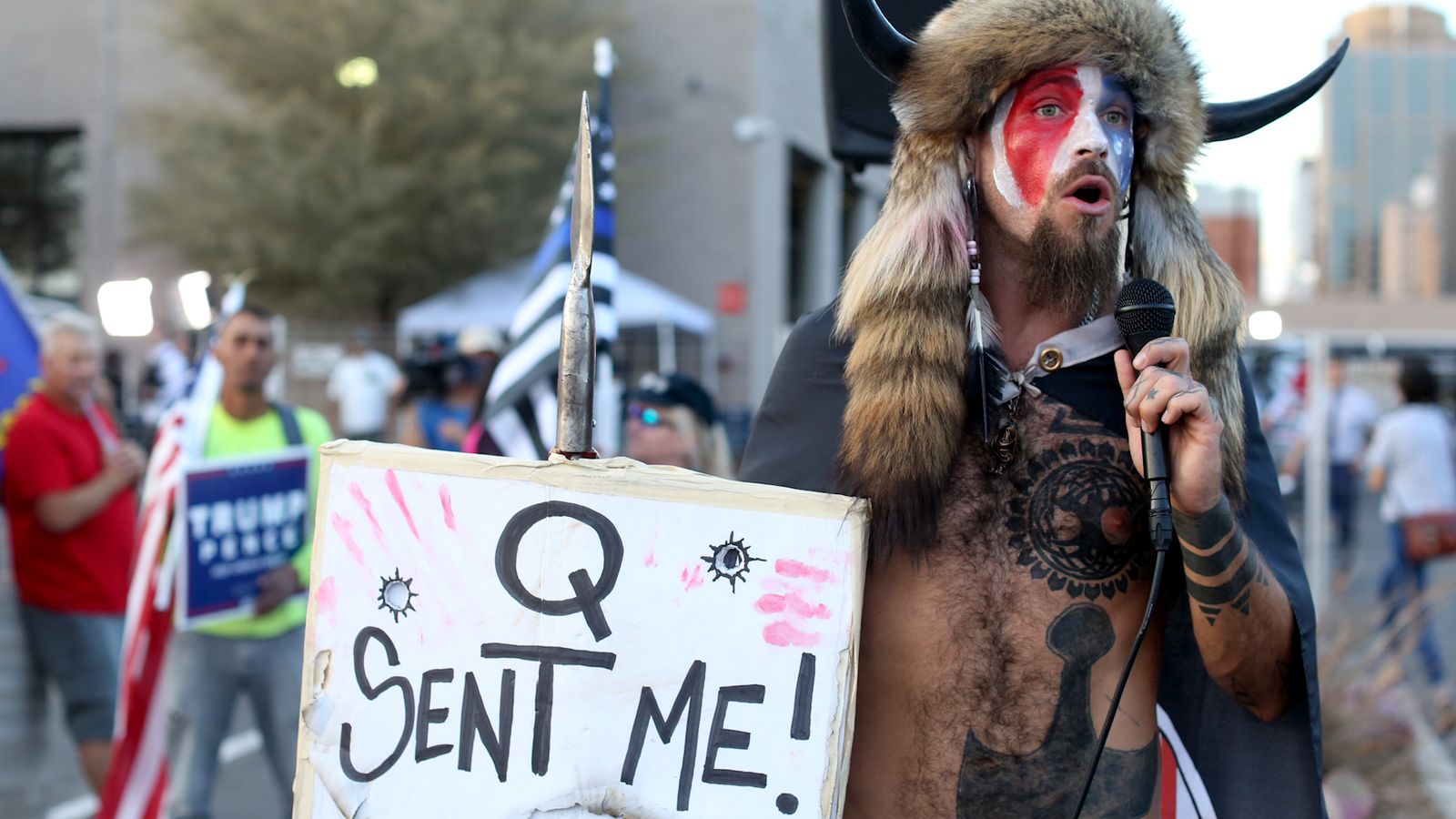The Democratic Party may have recaptured the White House, but its crisis remains as deep as ever. Though Joe Biden beat Donald Trump by 7 million popular votes, his Electoral College victory came down to 42,000 ballots in Arizona, Georgia, and Wisconsin. Democrats barely won the Senate, lost seats in the House, and were stonewalled at the state level — of the twelve legislative chambers Democrats had targeted there, they won zero.
Far from celebrating a landslide victory, with hopes of a national realignment on the way, Democrats found themselves once more engaged in a tense debate about the future of a party that seems incapable of decisively winning control of all branches of government.
On this question, the progressive and centrist wings of the party are more divided than ever. Conservative Blue Dog Democrats like Abigail Spanberger blame radical rhetoric for the party’s poor results in Congress: “we need to not ever use the words ‘socialist’ or ‘socialism’ ever again. Because while people think it doesn’t matter, it does matter. And we lost good members because of it.”
In response, our left-wing leaders like Alexandria Ocasio-Cortez contend that the Democrats will fail to mobilize their most enthusiastic voters if big-ticket progressive ideas get dropped from the agenda. They argue that the party’s biggest liability was its unimaginative, uninspiring, and thoroughly orthodox economic conservatism. Joe Biden’s promise that “nothing will fundamentally change” might have won over some moderates disgusted with Trump, but it failed to inspire voters to elect a Democratic majority.
Meanwhile, despite losing a presidential reelection bid, many Republican leaders seem unconcerned with the results. After all, Trump managed to improve on his 2016 performance in nearly every demographic group, save college-educated voters and white men. Biden, however, failed to reverse the Democrats’ slow bleeding of working-class voters of all races, so much so that Republican senator Marco Rubio boasts that the GOP is now the party of the “multiracial working class.”
Democrats know they are in trouble, and most of them recognize the problem: their base is too narrow. It is too geographically metropolitan, too educated, and, increasingly, too wealthy.
What Democrats most need, then, is a way to build a larger working-class coalition. And this, too, is the crux of the debate between progressive insurgents and establishment politicians: each wing of the party accuses the other of being unable to win working-class voters.
[…]
For the Democrats to win back their New Deal (or even Obama-era) constituency, they need to credibly appeal to the economic interests of working people. Unfortunately, moderates in the party are unwilling to offer workers much more than a wry smile and a charming affect. Progressives, meanwhile, do promise real solutions — but only after they drench those appeals in a cultural style born in universities that most people will never attend. The effect in both cases is the same: Workers stay home. And the Democrats lose more and more of the country.
One way of looking at the past twelve years of American politics is to say that, in both 2008 and 2016, workers voted for the “change” candidate. They voted for perceived outsiders, and they voted against Washington. Both Barack Obama and Donald Trump argued that, through their personal charisma and skill, they could save workers. In both campaigns, workers voted for a candidate who promised to take on elites, renegotiate NAFTA, rebuild our education system, and stem the poverty, disease, and violence that plague so many American neighborhoods.
For over a decade now, the electorate has been screaming at the political class that something must be done and that the government must change course. But the government, under both Obama and Trump, largely ignored them. Nothing significant has changed in these last twelve years. Congress remains in a permanent state of dysfunction.
[…]
Notice that, of the top-priority issues for Democratic working-class voters, only health care was explicitly referred to — coincidentally, it is also a top issue for professionals. If you understand nothing else about American politics, understanding that professional-class issues dominate Democratic appeals will help you make a great deal more sense of the world than incessantly scratching your head during every election cycle about just why it is that workers keep “voting against their interests.”
The fact is, neither workers nor their interests are even on the menu.

 jacobinmag.com
jacobinmag.com
Far from celebrating a landslide victory, with hopes of a national realignment on the way, Democrats found themselves once more engaged in a tense debate about the future of a party that seems incapable of decisively winning control of all branches of government.
On this question, the progressive and centrist wings of the party are more divided than ever. Conservative Blue Dog Democrats like Abigail Spanberger blame radical rhetoric for the party’s poor results in Congress: “we need to not ever use the words ‘socialist’ or ‘socialism’ ever again. Because while people think it doesn’t matter, it does matter. And we lost good members because of it.”
In response, our left-wing leaders like Alexandria Ocasio-Cortez contend that the Democrats will fail to mobilize their most enthusiastic voters if big-ticket progressive ideas get dropped from the agenda. They argue that the party’s biggest liability was its unimaginative, uninspiring, and thoroughly orthodox economic conservatism. Joe Biden’s promise that “nothing will fundamentally change” might have won over some moderates disgusted with Trump, but it failed to inspire voters to elect a Democratic majority.
Meanwhile, despite losing a presidential reelection bid, many Republican leaders seem unconcerned with the results. After all, Trump managed to improve on his 2016 performance in nearly every demographic group, save college-educated voters and white men. Biden, however, failed to reverse the Democrats’ slow bleeding of working-class voters of all races, so much so that Republican senator Marco Rubio boasts that the GOP is now the party of the “multiracial working class.”
Democrats know they are in trouble, and most of them recognize the problem: their base is too narrow. It is too geographically metropolitan, too educated, and, increasingly, too wealthy.
What Democrats most need, then, is a way to build a larger working-class coalition. And this, too, is the crux of the debate between progressive insurgents and establishment politicians: each wing of the party accuses the other of being unable to win working-class voters.
[…]
For the Democrats to win back their New Deal (or even Obama-era) constituency, they need to credibly appeal to the economic interests of working people. Unfortunately, moderates in the party are unwilling to offer workers much more than a wry smile and a charming affect. Progressives, meanwhile, do promise real solutions — but only after they drench those appeals in a cultural style born in universities that most people will never attend. The effect in both cases is the same: Workers stay home. And the Democrats lose more and more of the country.
One way of looking at the past twelve years of American politics is to say that, in both 2008 and 2016, workers voted for the “change” candidate. They voted for perceived outsiders, and they voted against Washington. Both Barack Obama and Donald Trump argued that, through their personal charisma and skill, they could save workers. In both campaigns, workers voted for a candidate who promised to take on elites, renegotiate NAFTA, rebuild our education system, and stem the poverty, disease, and violence that plague so many American neighborhoods.
For over a decade now, the electorate has been screaming at the political class that something must be done and that the government must change course. But the government, under both Obama and Trump, largely ignored them. Nothing significant has changed in these last twelve years. Congress remains in a permanent state of dysfunction.
[…]
Notice that, of the top-priority issues for Democratic working-class voters, only health care was explicitly referred to — coincidentally, it is also a top issue for professionals. If you understand nothing else about American politics, understanding that professional-class issues dominate Democratic appeals will help you make a great deal more sense of the world than incessantly scratching your head during every election cycle about just why it is that workers keep “voting against their interests.”
The fact is, neither workers nor their interests are even on the menu.

Everyone Hates the Democrats
Progressives and moderates accuse each other of being unable to appeal to working-class voters — and maybe they’re both right.
Sist redigert:




